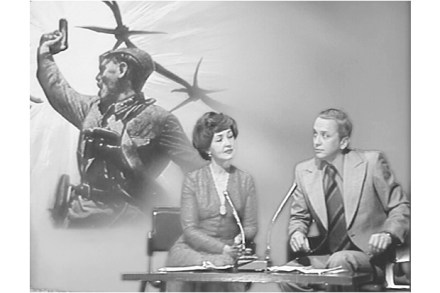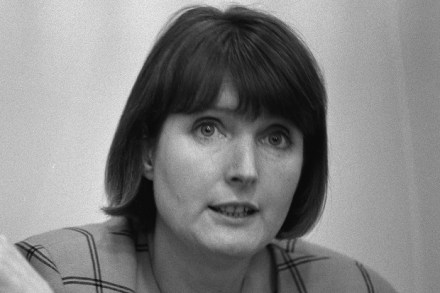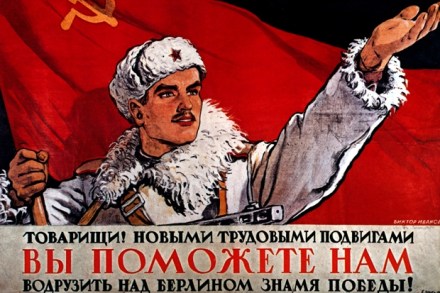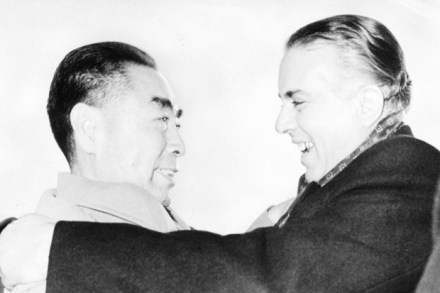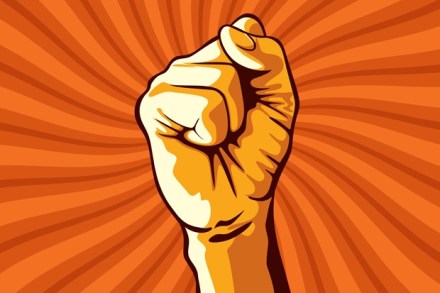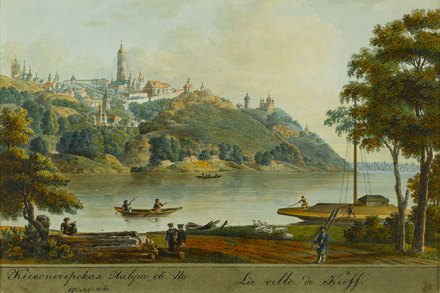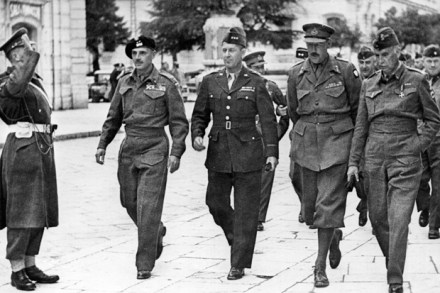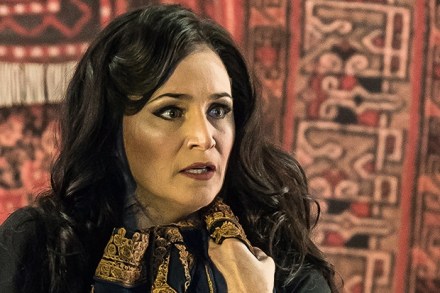The great Soviet gameshow
In the opening chapter of her history of Soviet Central Television, Christine E. Evans observes two Russian televisual displays of 2014. February saw the opening ceremony of the Sochi Winter Olympics — which sought to depict a millennium of national history using glitter and gameshow grandiosity. April brought the stern, but no less theatrical, Direct Line with Vladimir Putin — an annual phone-in — during which the president celebrated Crimea’s annexation with an orgy of televisual patriotism. Although more glitzy than their Soviet-era equivalents, both can be seen as displays of continuity in Russian broadcasting, rather than incidences of invention. As Evans explains: The highly televisual Putin era represents the
